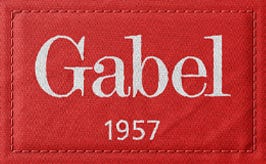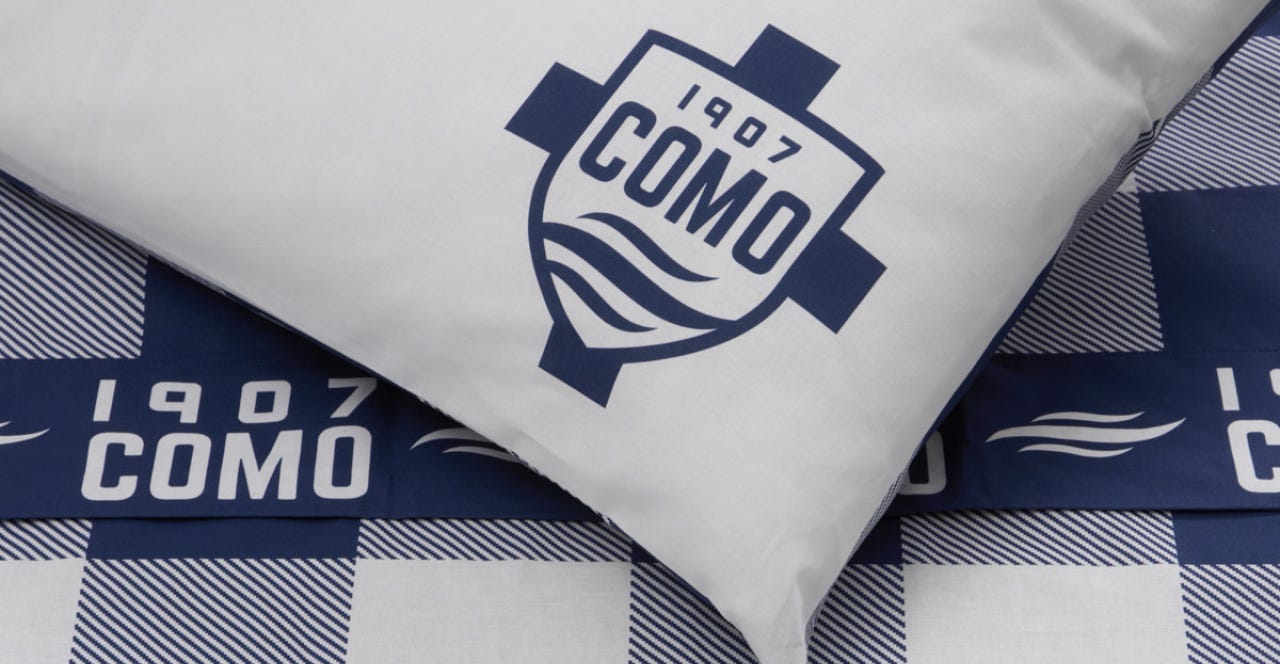Forest Certification: how much do we know about?
NEWS
Do not miss the news from the Gabel world: discover all the goals achieved by our company, the events, the collections in store and online
Forest Certification: how much do we know about?

All over the world entire forests are daily burnt and erased forever. Many others, however, are managed in a sustainable way, protected and certified by important International Organizations.
SUSTAINABLE FOREST MANAGEMENT: DEFINITION AND PRINCIPLES
In 1993, the Ministerial Conference for the Protection of Forests in Europe defined sustainable forest management as "the management and use of forests and forest land in the forms and at a rate of use that allow to maintain their biodiversity, productivity and capacity. renewal, vitality and potential to fulfill, now and in the future, significant ecological, economic and social functions at local, national and global level, without causing damage to other ecosystems ".
The key principles of sustainable forest management are respect for the plants and animals that live there, protection of the biodiversity of each habitat, respect for the natural rhythm of the forest and requires that the areas subject to cutting be reforested or regenerated naturally.
For the selection of the cuts, in fact, the forester chooses which trees can be felled by assessing their health, age, height and also by measuring the sound emitted by the pealing on the bark of the gavel. At this point the seal is affixed which certifies the suitability for killing, an operation that is therefore never accidental.
For the management of a forest or an ecosystem to be certified sustainable, it is necessary to respect the fundamental criteria of good forest management, with the aim of protecting, conserving and improving natural resources, respecting the principle of durability (protecting our ecosystems and delivering them improved to future generations).
In accordance with environmental, social and economic principles and criteria, the products concerned by the certifications are both woody and non-woody. The wood or fiber that derives from it is marked and can therefore be marketed as coming from sustainably managed forests. The wood and cellulose from poplar groves and forests certified for correct forest management, then, must be able to remain traceable in the various stages of subsequent processing, up to the finished product.
This second type of certification is called the Chain of Custody - CoC. If the product respects the conditions of the chain of custody, it too will be recognizable by the final consumer through a special brand.
THE PEFC
Founded in 1998, the PEFC (PROGRAM FOR THE ENDORSEMENT OF FOREST CERTIFICATION SCHEMES) is a certification system for sustainable forest management, the largest forest certification system in the world. Two thirds of the world's certified forests (around 200 million hectares) follow the PEFC scheme.
All certified forests are regularly checked by independent inspectors (one of many, ICEA, an inspection body on behalf of Soil Association Certification Ltd, an internationally accredited certification body, for the certification of forests or forest plantations and products of forest origin )
At the end of the verification procedure, a certificate is issued to the managing body: representatives of forest owners and poplar groves, consumers, freelancers, the world of crafts and industry participate in the development of the PEFC.
PEFC provides the following types of certification:
- Sustainable Forest Management Certification (GFS): guarantees to the final consumer that products of forest origin derive from forests managed legally and in a sustainable way (that they do not come from illegal cutting or irresponsible interventions, which lead to the destruction of the forests themselves);
- Chain of Custody Certification (Coc): ensures that the company has the necessary security mechanisms to track certified products within the production process.
THE FSC
FSC is an international non-governmental organization, founded in 1993. Independent, non-profit, it promotes responsible forest management.
The corresponding brand identifies products deriving from forests managed correctly and responsibly, according to rigorous standards.
FSC (acronym for Forest Stewardship Council) provides 3 types of certifications:
1. Forest Management Certification (FM) - issued to forest managers and owners whose management practices meet the requirements of the FSC Principles and Criteria.
2. Chain of Custody Certification (CoC) - guarantees the FSC® certified material and the products deriving along the entire supply chain, from the forest to the shop.
3. Controlled wood - to allow companies to avoid those types of wood considered "unacceptable".
Gabel Group has always been attentive to these principles and takes care that all its products comply with and follow the standards dictated by the Observing Bodies and by the certifications in question.
2020 promises to be the year of consecration and confirmation of our company's commitment to environmental issues, continue to follow us and we promise you great news.
You too choose, daily, to support the system of companies committed to respecting the environment, man and animals.








